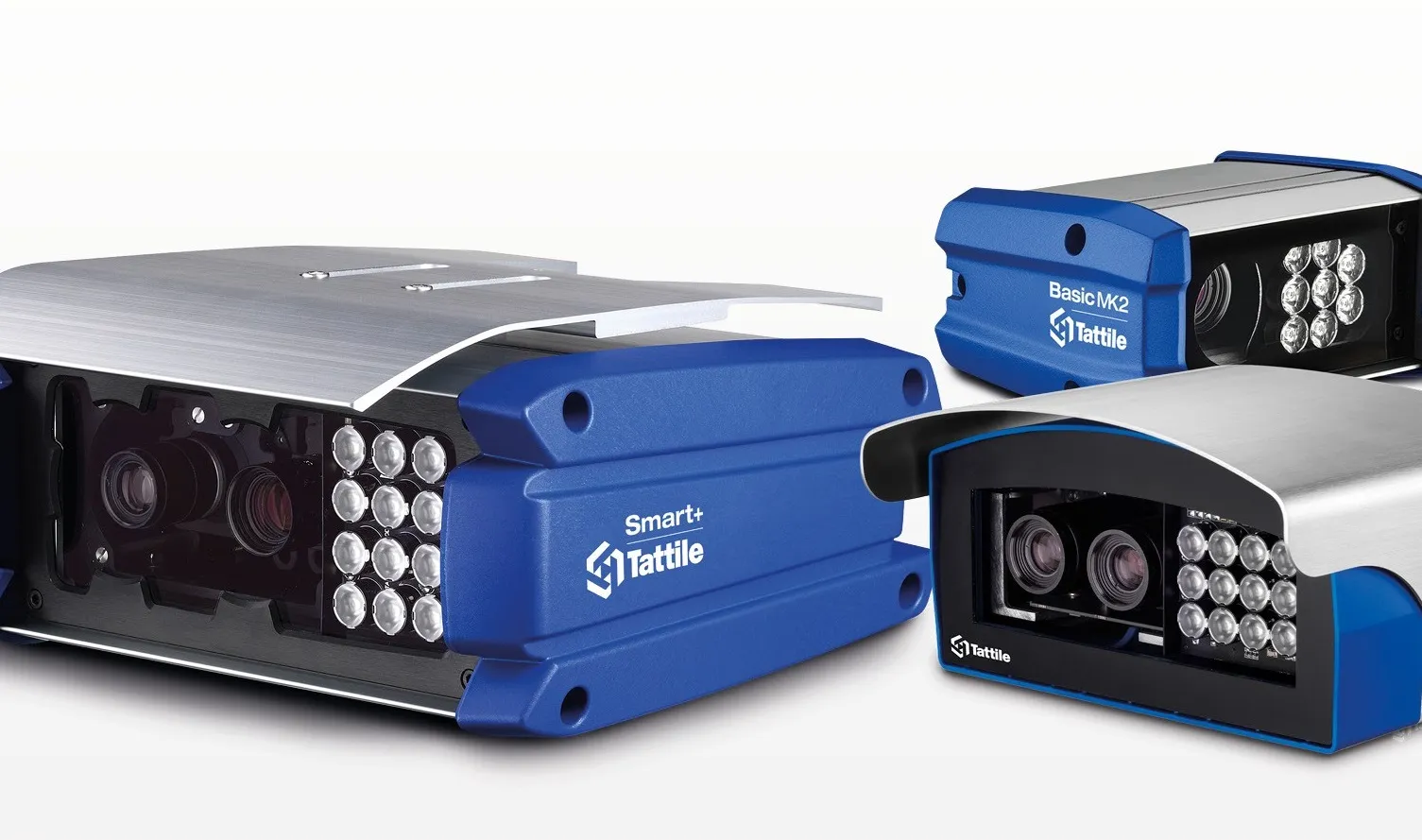Members of the US Automotive Information Sharing and Analysis Center (Auto-ISAC) have released an overview of comprehensive Automotive Cybersecurity Best Practices, developed as a proactive measure to further enhance vehicle cybersecurity throughout the industry.
The Executive Summary has been released publicly on the Auto-ISAC website. The Best Practices provide guidance to assist an organisation's development in seven key topic areas, including governance, risk assessment and management, threat de
July 22, 2016
Read time: 2 mins
Members of the US Automotive Information Sharing and Analysis Center (Auto-ISAC) have released an overview of comprehensive Automotive Cybersecurity Best Practices, developed as a proactive measure to further enhance vehicle cybersecurity throughout the industry.
The Executive Summary has been released publicly on the Auto-ISAC website. The Best Practices provide guidance to assist an organisation's development in seven key topic areas, including governance, risk assessment and management, threat detection and protection incident response, security by design, awareness and training and more.
The Best Practices provide deep technical and organizational breadth to support, develop, and improve defences against potential cybersecurity threats of the motor vehicle network. They are grounded in ISO, NIST and other established cybersecurity frameworks but are tailored to the motor vehicle. Auto-ISAC members have committed to continuously enhancing the Best Practices over time to keep pace with the constantly evolving cyber landscape.
"Automakers are committed to being proactive and will not wait for cyber threats to materialise into safety risks," said Auto-ISAC chairman Tom Stricker of Toyota.
The Executive Summary has been released publicly on the Auto-ISAC website. The Best Practices provide guidance to assist an organisation's development in seven key topic areas, including governance, risk assessment and management, threat detection and protection incident response, security by design, awareness and training and more.
The Best Practices provide deep technical and organizational breadth to support, develop, and improve defences against potential cybersecurity threats of the motor vehicle network. They are grounded in ISO, NIST and other established cybersecurity frameworks but are tailored to the motor vehicle. Auto-ISAC members have committed to continuously enhancing the Best Practices over time to keep pace with the constantly evolving cyber landscape.
"Automakers are committed to being proactive and will not wait for cyber threats to materialise into safety risks," said Auto-ISAC chairman Tom Stricker of Toyota.








